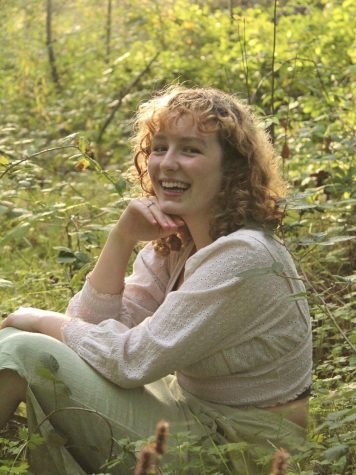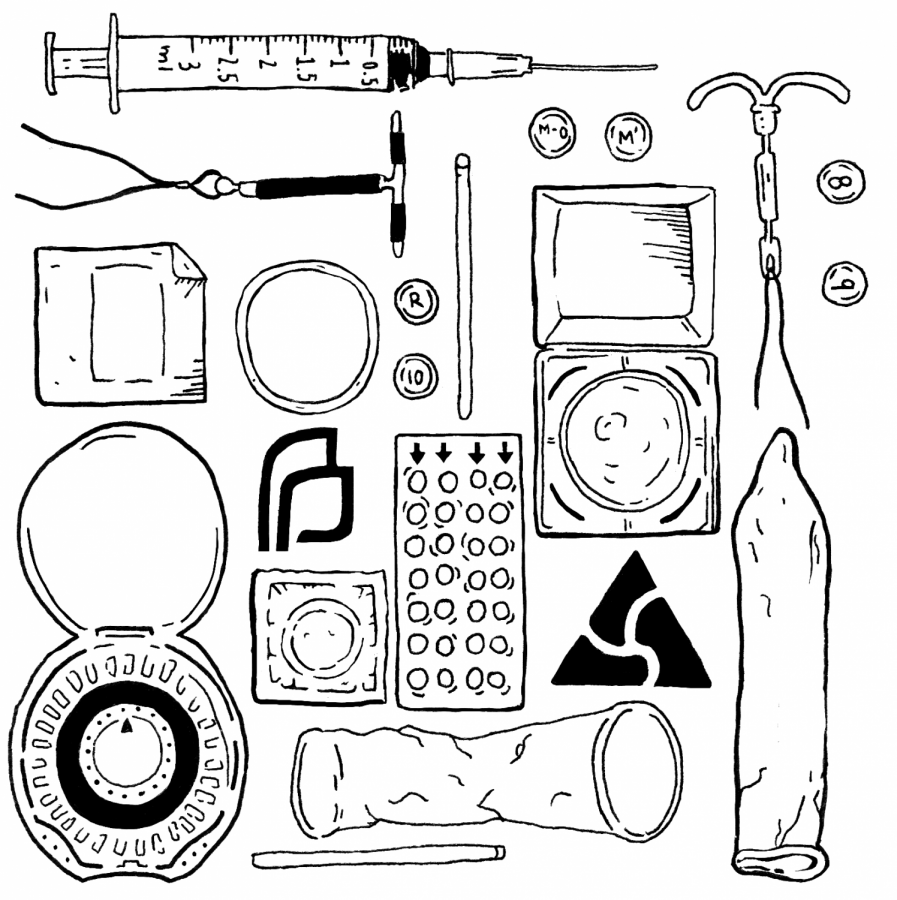Let’s Talk About (Safe) Sex, Baby
Peer-led sex ed.
Ewww! Grossss! A few of the painfully familiar sounds heard from a classroom of adolescents taking sex ed. It’s uncomfortable being told what transformations your body will go through from an untrained teacher, amidst a classroom of your giggling peers. Adequate sexual health education can teach a young person to be confident, feel empowered, and advocate for themselves and their body.
“Sex, sexuality, identity, and relationships can become a core part of who we are. When we’re given the chance to control those things it gives us a chance to develop a sense of self and sense of autonomy,” facilitator of the South King County Teen Council, Eliza Davison, said.
Seeking to educate their peers on sex ed, teens in the Northwest and the Hawaiian Islands on the Planned Parenthood Teen Council go to different public schools in their area and teach sex ed lessons on topics like consent, sexual health, decision making, and relationships. The teen council even takes sex-ed a step deeper by discussing intersectionality and advocating for reproductive health.
“A lot of the times [sex ed in schools] isn’t inclusive and gets rushed through. I remember in elementary school we had F.L.A.S.H [Seattle Public Schools’ elementary version of sex ed] for a week at the end of the year,” junior and member of the teen council, Lauren Chin said. “It felt like something that got forgotten about.”
Sex ed lessons are often taught from viewpoints targeted towards heterosexual relationships, not including information on sexual health for those in non-heterosexual relationships. Learning about sex safety and wellbeing is crucial to an individuals sexual experience.
Sex ed is many times taught by un-trained teachers who haven’t learned how to talk about sexual health in a way that makes adolescents feel comfortable. The teen council hopes to not only make sex-ed more inclusive but to make it easier for adolescents to learn about these important topics.
“I did not get good sex ed myself in high school,” Davison said. “I realized how much access to information was withheld from people, especially young people, and how much a difference it makes in people’s lives to be able to make informed decisions.”
Beyond teaching sex ed lessons, the teen council also has a subsection called the Advisory Board which advocates for Planned Parenthood funding and mandatory, medically-accurate sex ed in schools.
“With the conversations that were being had about reproductive justice in society and hearing about all of these things that were going wrong, I wanted to be able to do something about it,” Chin said. Chin says being on the advisory board has helped her learn more about local government and the legislative process.
“I didn’t go into it being an expert on anything [sex ed related] and that goes for a lot of people who join,” Chin said. “I have basically been taking a sex ed class just not in school.”
To join the council, no knowledge of sexual health is needed. Chin says being part of the council has not only taught her leadership skills, but also a deep understanding of sexual health.
“It’s an amazing program for folks that want to build community, get involved in movement work, [engage with] folks their age, and build curriculum that will impact their peers,” Davison said.
If you have any questions or want more information contact Eliza at [email protected], Lauren Chin at [email protected], or Wynsome Burke at [email protected]. You can apply for the teen council through the link in their Instagram bio @southkingteencouncil.
If you are 19 or younger and in need of sexual health services including STI testing, birth control, or any form of sexual healthcare, visit or call any of the Planned Parenthoods in Washington state and ask for “Family Planning Services” as well as “Full Confidentiality” if desired.

Izzy Lamola is a senior writer on The Garfield Messenger. They love InDesign, despite the tedious work, and is a lover of opinion pieces and op-eds. They...




